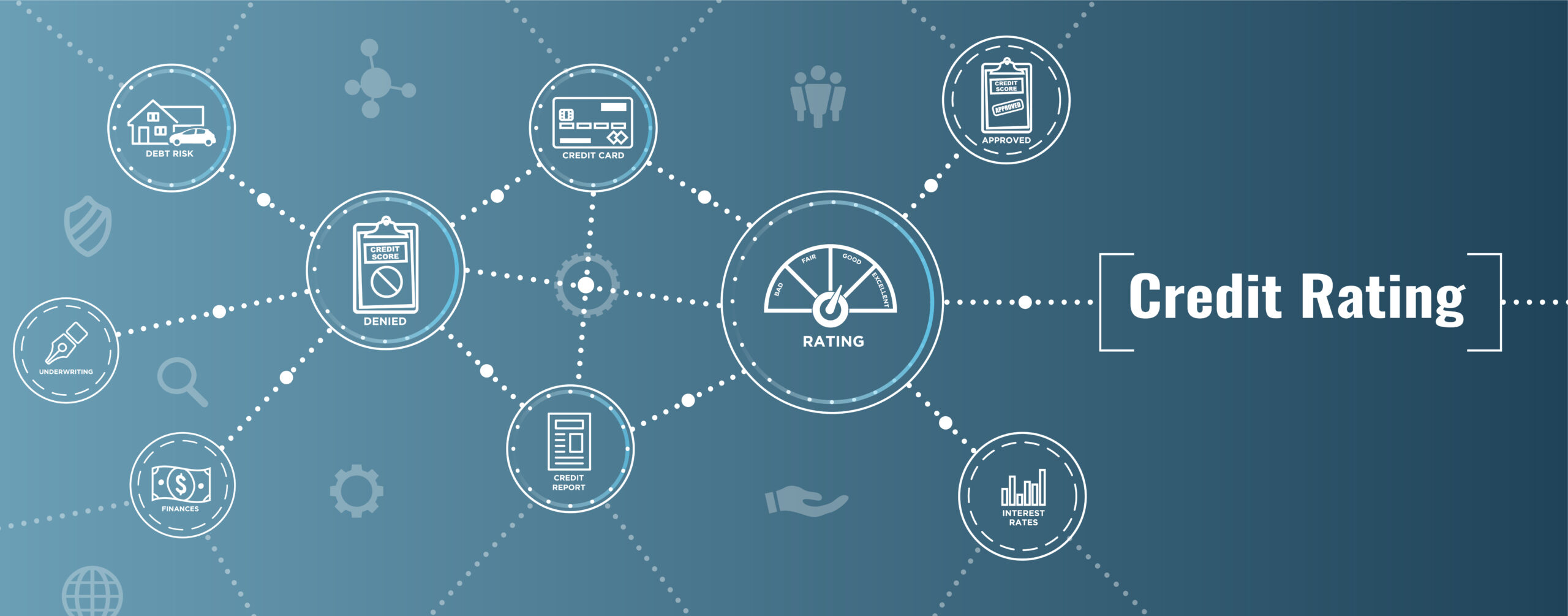Your credit score is one of the most essential financial assets you have as an individual. In this article, we will discuss how to enhance and maintain your credit score. This post will discuss how to enhance and maintain your credit score.
Recognize Your Credit Score
Understanding what your credit score is and how it works is the first step toward improving it. Credit bureaus like Equifax, Experian, and TransUnion determine your credit score using a number of factors. The FICO score is the most extensively utilized technique of creditworthiness determination. It has a scale of 300 to 850, with higher scores indicating greater creditworthiness. There are five key factors that affect the FICO score:
Payment history (35%): This element assesses whether you make on-time payments and how often you have missed payments.
Amounts owing (30%): This element considers how much debt you have in comparison to your credit limit. It also examines the number of accounts with outstanding balances.
Credit history length (15%): This element takes into account how long you have been using credit and how often you use it.
Credit mix (10%): This component assesses if you have a variety of credit types, such as credit cards, vehicle loans, and mortgages.
New credit (10%): This component considers how often you have applied for new credit and how many new accounts you have created lately.
Understanding how your credit score is determined allows you to concentrate on the areas that are most important to you.
Check your credit report on a regular basis.
It is critical to review your credit report on a frequent basis for problems or inconsistencies that might be influencing your credit score. Each year, you are entitled to one free credit report from each of the three main credit bureaus: Equifax, Experian, and TransUnion. Examine your credit report carefully, and if you uncover any mistakes, file a dispute with the credit agency in question.
Pay Your Payments On Time
Your payment history is a significant aspect in evaluating your credit score. Late or missing payments may have a major negative effect on your credit score. Pay your payments on time, every time, and if you are having difficulty making a payment, contact your creditor to explore solutions.
Maintain a Minimal Credit Utilization
Your credit utilization ratio is the amount of credit you are presently utilizing in comparison to the amount of credit you have available. A high credit usage ratio might have a negative influence on your credit score. To keep your credit usage low, attempt to utilize no more than 30% of your available credit. Whenever feasible, pay off your credit card amounts in full each month.
Keep a variety of credit types
Possessing a variety of credit (such as credit cards, vehicle loans, and mortgages) may help your credit score. This demonstrates to lenders that you are capable of handling various sorts of credit responsibly. Therefore, do not take on new credit unless absolutely necessary.
Limit the number of new credit applications.
A hard inquiry is made on your credit record every time you seek for credit. A high number of hard inquiries might have a negative influence on your credit score. Only apply for new credit when absolutely essential.
Maintain Existing Credit Accounts
Your credit score is influenced by the duration of your credit history. Closing outdated credit accounts might lower your credit score. Even if you no longer use a credit card, keep the account active to retain your credit history as long as possible.
Prevent Charge-Offs and Collections
When a loan is unpaid for a lengthy period of time, the creditor writes off the obligation as a loss. These blemishes may have a major negative influence on your credit score and can stay on your credit record for up to seven years. Paying your bills on time and contacting with your creditors if you are having difficulty making a payment may help you avoid collections and charge-offs.
Take into account Credit Counseling.
Consider getting credit counseling if you are in debt. Credit counseling may assist you in creating a budget, negotiating with creditors, and creating a debt repayment plan. Credit counseling may also help you avoid bankruptcy, which can have a negative influence on your credit score for a long time.
Finally, your credit score is a vital part of your financial life that must be properly managed. You may enhance your financial well-being and optimize your credit score by learning how it is generated and following the advice suggested in this article. Check your credit report on a regular basis, pay your bills on time, keep your credit usage low, keep a variety of credit kinds, restrict new credit applications, keep existing credit accounts active, prevent collections and charge-offs, and seek credit counseling if you are in debt.

